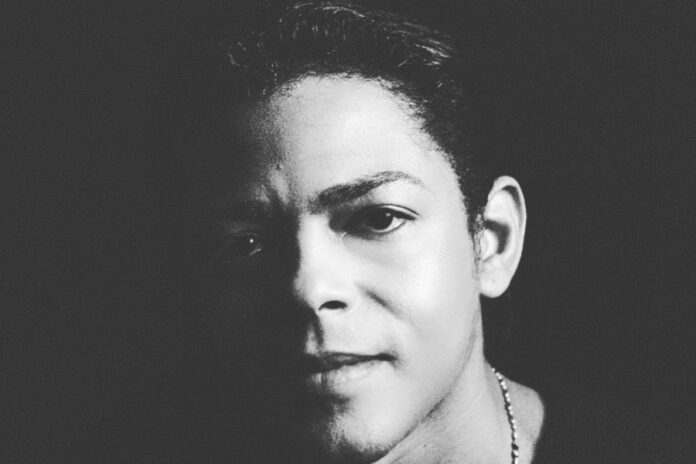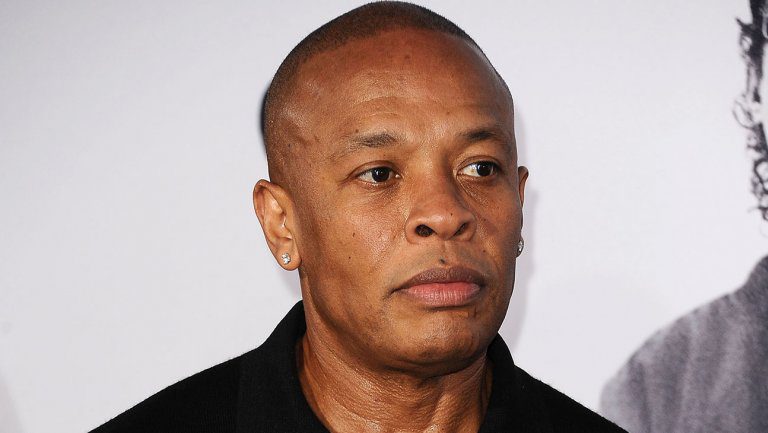President Joe Biden on Thursday pardoned thousands of individuals convicted of possessing marijuana,
The pardons apply only to federal offenders convicted of “simple marijuana possession” as well as those charged in the District of Columbia, but Biden called on governors across the country to follow suit. A pardon is an expression of the President’s forgiveness and ordinarily is granted in recognition of the applicant’s acceptance of responsibility for the crime and established good conduct for a significant period of time after conviction or completion of sentence. It does not signify innocence. The pardons will not be extended to those who weren’t U.S. citizens and were illegally in the country at the time of their arrest.
Biden’s administration confirmed that approximately 6,500 people convicted of simple possession of marijuana from 1992 to 2021 would be pardoned. “As I’ve said before, no one should be in jail just for using or possessing marijuana. Today, I’m taking steps to end our failed approach,” Biden’s official Twitter account wrote. “We classify marijuana at the same level as heroin—and more serious than fentanyl. It makes no sense.”
In addition to the pardons, Biden announced that he has instructed Secretary of Health and Human Services Xavier Becerra and Attorney General Merrick Garland to begin reviewing how marijuana is classified under federal drug laws. Federal drug law states that possession, use, or distribution of illicit drugs is prohibited by federal law. Strict penalties are provided for drug convictions, including mandatory prison terms for many offenses. Penalties increase significantly where use of the illicit drugs results in death or serious bodily injury.
Concluding the POTUS Twitter thread, Biden added, “Sending people to jail for possessing marijuana has upended too many lives – for conduct that is legal in many states. That’s before you address the clear racial disparities around prosecution and conviction. Today, we begin to right these wrongs.”







